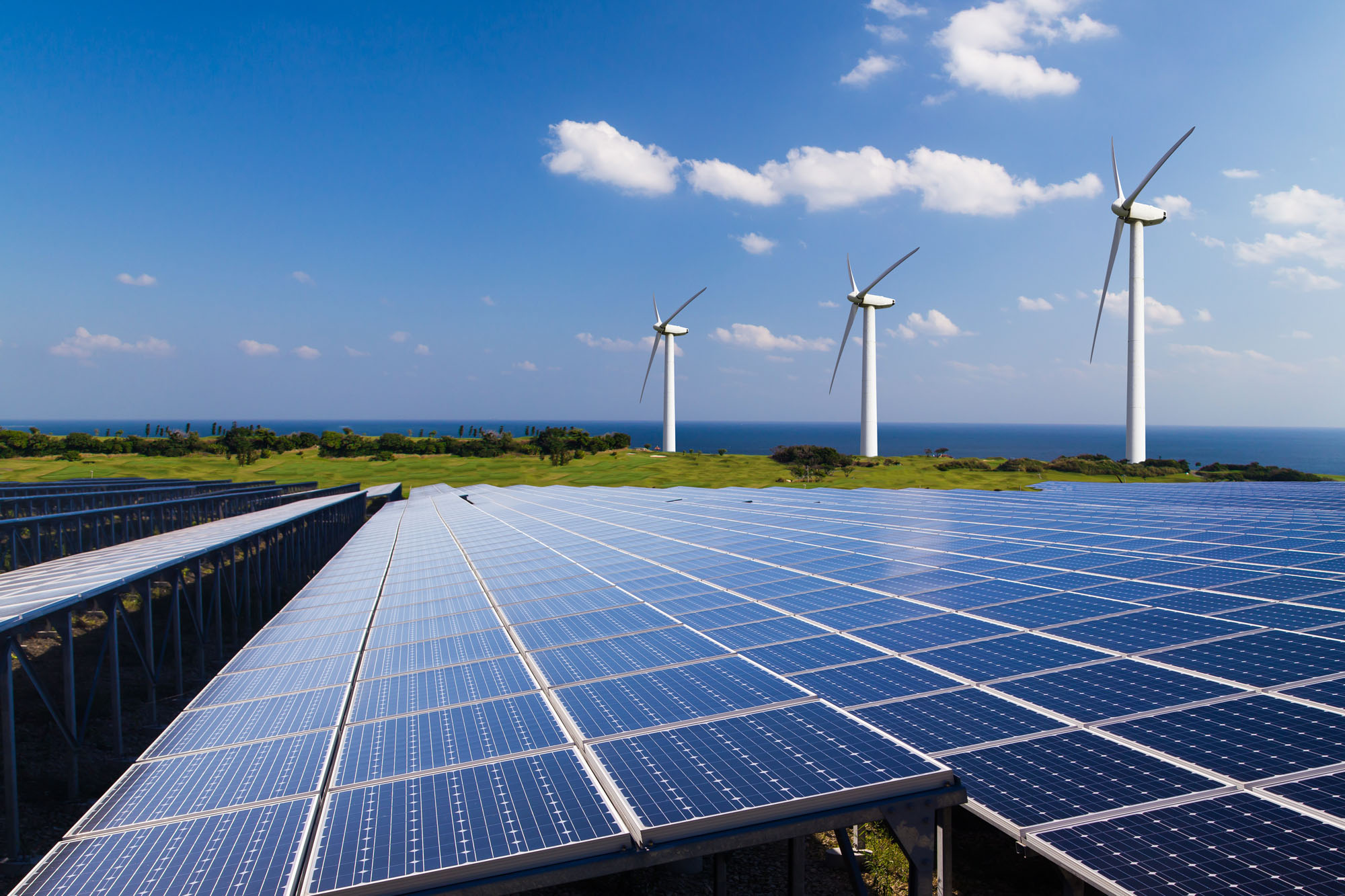Japan's energy policies are at a big turning point. Due to the unforeseeable future of the energy business, utility companies have yet to embark on drastic reform. Despite the fact that irreversible, inevitable and diverse social change is underway simultaneously, the government has been pressed with spur-of-the-moment corrections.
At this juncture, it is very difficult to accurately report on Japan's energy and climate change policies. But I'm sure that my unique background will help me report as fairly and comprehensively as possible. I worked at Tokyo Electric Power Co. for a long period and have direct experience interacting with energy consumers. I'm currently an independent researcher of environmental issues, mainly global warming and energy policies, and am well informed about the government's position through my commitments as a member of a few government committees concerning those issues. As a so-called insider on energy issues, I'd like to report on this chaotic situation as fairly and accurately as possible, taking advantage of my strength in pursuing Japan's ideal energy policies as an independent researcher. Some portions in this series may include my personal opinion, but I'd like you to view them as coming from the unbiased stance of a researcher who maintains the same distance from consumers, businesses and the government.
What triggered this energy transformation in Japan was the Fukushima nuclear plant accident in 2011. Prior to that, to tackle escalating global warming, the government had been aiming to increase dependence on nuclear power to 53 percent of all power generation by 2030. After Fukushima nuclear power plant accident, the government has switched to a policy of lowering its reliance on nuclear as much as possible. In addition, reform was carried out by revising the energy system under which big regional power companies controlled the entire chain, from power generation to retail. The entry into and exit from power generation and retail businesses has been basically liberalized, and power transmission and distribution are set to be separated from former regional monopolies. The regulated integrated system that had maintained stable power supply has now undergone a paradigm shift that puts the industry in the hands of a market economy. That could spark the beginning of a future revolution, but at the same time, it is causing a chaotic situation where no one takes responsibility as a whole.



